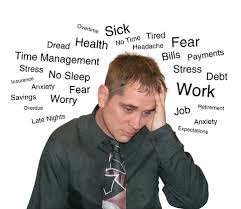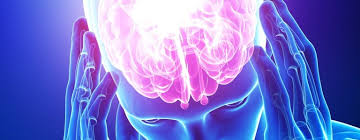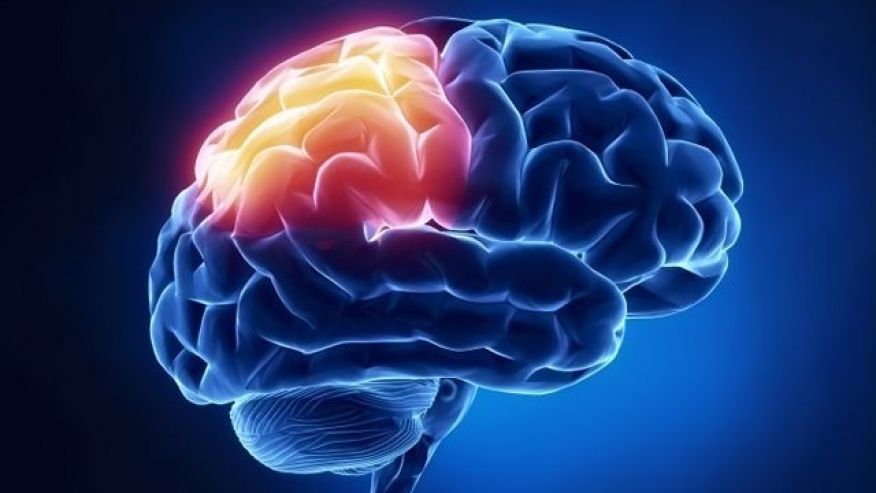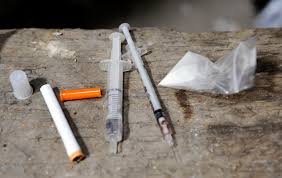Interpersonal therapy treatment process
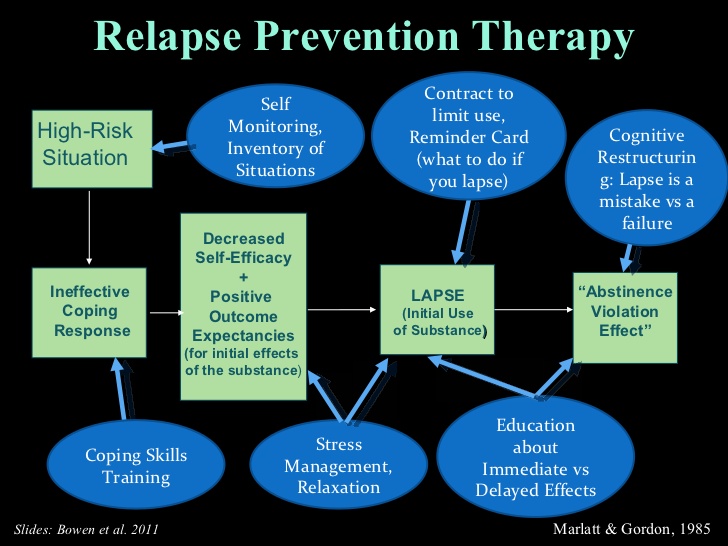
Interpersonal therapy treatment process will help you manage instances of relapse effectively
Interpersonal therapy treatment process: Relationship
There is no human being living in isolation. Each of us needs some sought of association whether it is through having relationships, whether family-based, platonic or romantic, these are all part and parcel of what makes us human says doctor Dalal Akoury, MD President and founder of AWAREmed Health and Wellness Resource Center. For the most part, these relationships enrich our lives and offer vital social interaction. Relationships are however incredibly complex by nature – and the way we deal with them can have a significant impact on our mental well-being and that is when interpersonal therapy becomes very essential.
According to doctor Dalal Akoury, Interpersonal therapy primarily focuses on the way our relationships affect us and also how other mental health difficulties can affect our relationships. Helping with a variety of concerns, the therapy has been recommended for depression, anxiety and eating disorders. Therefore for the purpose of this article, we are going to be exploring the role of interpersonal therapy in more depth, including what to expect in therapy, the various techniques used and areas this therapy can help with.
Understanding interpersonal therapy (IPT)
As we progress into the discussion, it is important to appreciate that interpersonal therapy is a structured, time-limited therapy that works characteristically and intensely on establishing all the interpersonal issues. The underlying belief of interpersonal therapy is that psychological symptoms like depression which is often a response to difficulties we have when interacting with others. The resulting symptoms can then also affect the quality of these interactions, causing a cycle. The thought process behind the therapy is that once a person is capable of interacting more effectively with those around them, the psychological symptoms can improve.
Expectations from interpersonal therapy
The first few sessions of interpersonal therapy are typically used as a means of assessment – allowing the therapist to gain a better understanding of what is concerning you and what you hope to gain from the therapy. Together with your therapist you will then have the opportunity to identify any interpersonal issues you want to address and rank them in order of importance. It will then be a case of working through the key issues raised.
The next few sessions will look to address these concerns in order to understand them better, learn how to make adjustments and apply these adjustments outside of your therapy sessions. To help this process your therapist will offer support in a number of ways, including the following:
- Clarification of your issues
- Communication analysis
- Supportive listening.
In contrast to other more open-ended, introspective therapies, IPT therapy looks to focus entirely at the identified issues. This ensures optimum results in minimal time. Finally doctor Akoury ads that when you are going through this treatment, it is worth noting that towards the end of your therapy sessions, you and your therapist may choose to discuss termination issues which is very essential as it will allow you apply the skills you’ve learnt to ensure you can cope efficiently once your therapy is over. However should you meet any challenges along the way, then you can always call on doctor Akoury or help at any time.
Interpersonal therapy treatment process: Relationship
http://www.I-AM-I.com/wp-admin



